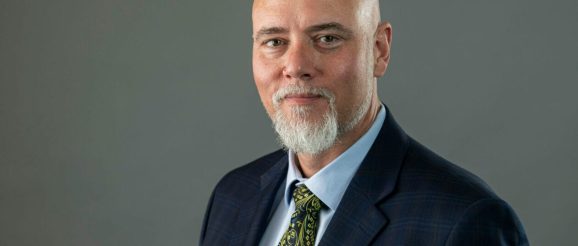Possibilities for future innovation are endless — if we can recruit the engineers we need

Possibilities for future innovation are endless — if we can recruit the engineers we need “Welcome to the Future” is the theme for this year’s National Engineers Week, which will run from Feb. 18-24. Thinking about the future of engineering probably conjures images of robots, spaceships and self-driving cars. Exciting stuff to be sure, and these are only a few of the technological advances that engineering will enable. The possibilities for technical innovation are almost limitless, but the reality of whether we can achieve them is less so. We are not training and educating enough new engineers to create the future we’d all like to have. The demand for engineers is high and consistently increasing. Boston Consulting Group recently noted that we need 400,000 new engineers each year to keep pace with demand, and that one in three engineering roles will go unfilled annually over the next decade. Engineering provides the technical problem-solving, design and manufacturing skills that drive innovation, and there is a lot we should be excited about — provided we can keep pace with the need for more students to enter this profession. For example, engineering is shaping the future of health and medicine through the development of transformative drug delivery systems, the design of new medical devices and materials, improved medical imaging and diagnosis tools, and the biomanufacturing of novel drugs and vaccines. Our portfolio of energy sources is being transformed through the invention of more efficient and faster-charging energy storage devices, new techniques for capturing and storing gigatons of carbon dioxide, novel processes for hydrogen generation and storage, and in innovations with nuclear energy — both fusion and fission. We can expect that many cities should eventually be powered by their own specially designed small modular nuclear reactors. And advancements in hypersonic materials, rockets, engines, robotics and manufacturing are driving space exploration forward such that some of us will see a future where living and working in space will be a reality. Engineering talent will be fundamental to the advancement of these initiatives. Because of the ever-increasing demand for engineers and the value of their skillsets, a U.S. Census Bureau report shows that engineering majors dominate the top 10 highest-paying college degrees. Anecdotally, the students in my engineering college alone are getting 6.5 full-time job offers by the time they graduate. Even with the tremendous payoff, we are not close to meeting the workforce demands. At our current rate of graduating engineers in the U.S., we will continue to fall far short of meeting the annual demand for new engineers. The situation will only get worse if we do nothing. Economist Nathan Grawe predicts that the U.S. will have around 15% fewer high school graduates between 2025-2029 and therefore 15% fewer students who will potentially go to college. Given the strong demand and high wages, it is vital to ask — why aren’t we attracting more students into engineering? A variety of thoughts have been posited on this topic, and most include the idea of lost faith in higher education in general, which has led to a significant drop in the number of high school graduates attending four-year colleges and universities over the past decade. The return on investment (ROI) of a four-year college degree isn’t all that attractive for many majors outside of engineering and other STEM fields. Whether we want to admit it or not, the recent push by the federal government to forgive student loan debt is a direct reflection of this lack of ROI. We are making a terrible mistake, however, if we paint engineering degrees with the same brush. Engineering majors regularly top the list for having the highest ROI and remain an outstanding lifetime investment. Throughout the nation, we must spend time and develop a dedicated effort to get the word out about engineering to middle school and high school students, their teachers and parents. We need to make sure people know not only about the ROI for engineering and that it is a great financial investment, but why engineering careers are so important, exciting and rewarding. Let’s help paint the picture by talking about a future of innovation driven by engineering. Students getting interested in engineering now will have a chance to shape the future later. Let’s convince them to do it so we can create a bright future. Dr. David Borrok is vice provost and dean of the College of Engineering and Computing at Missouri University of Science and Technology in Rolla.
